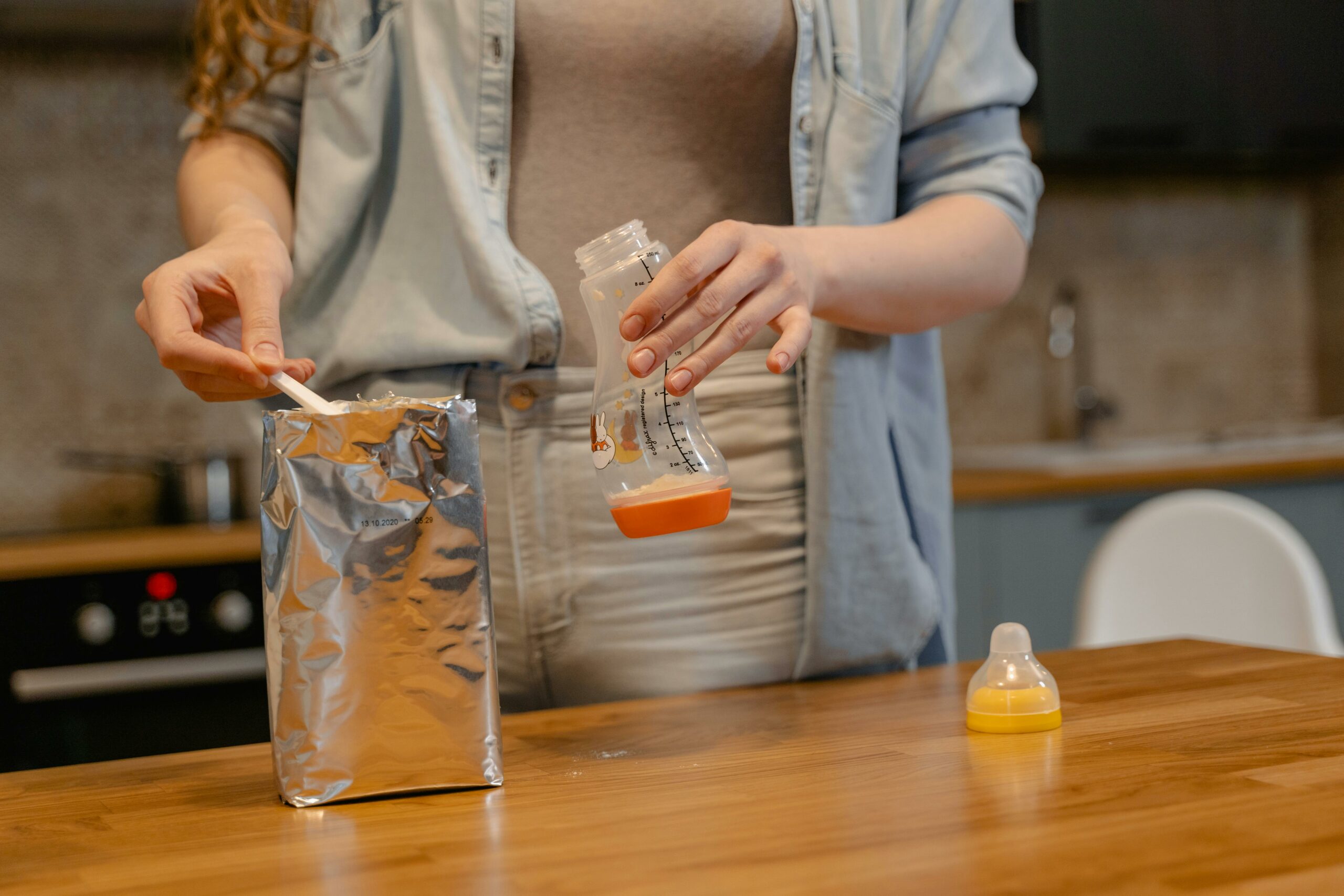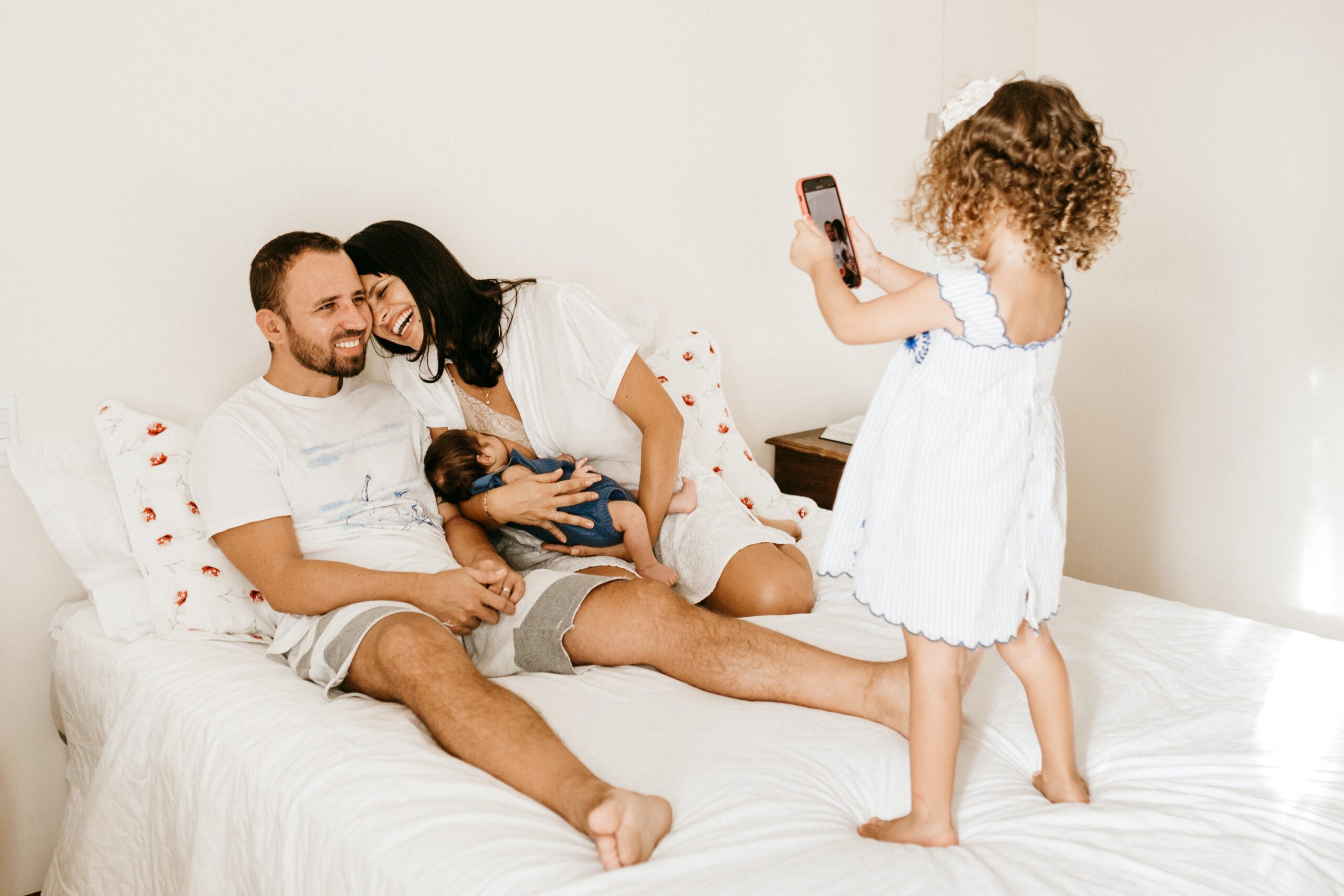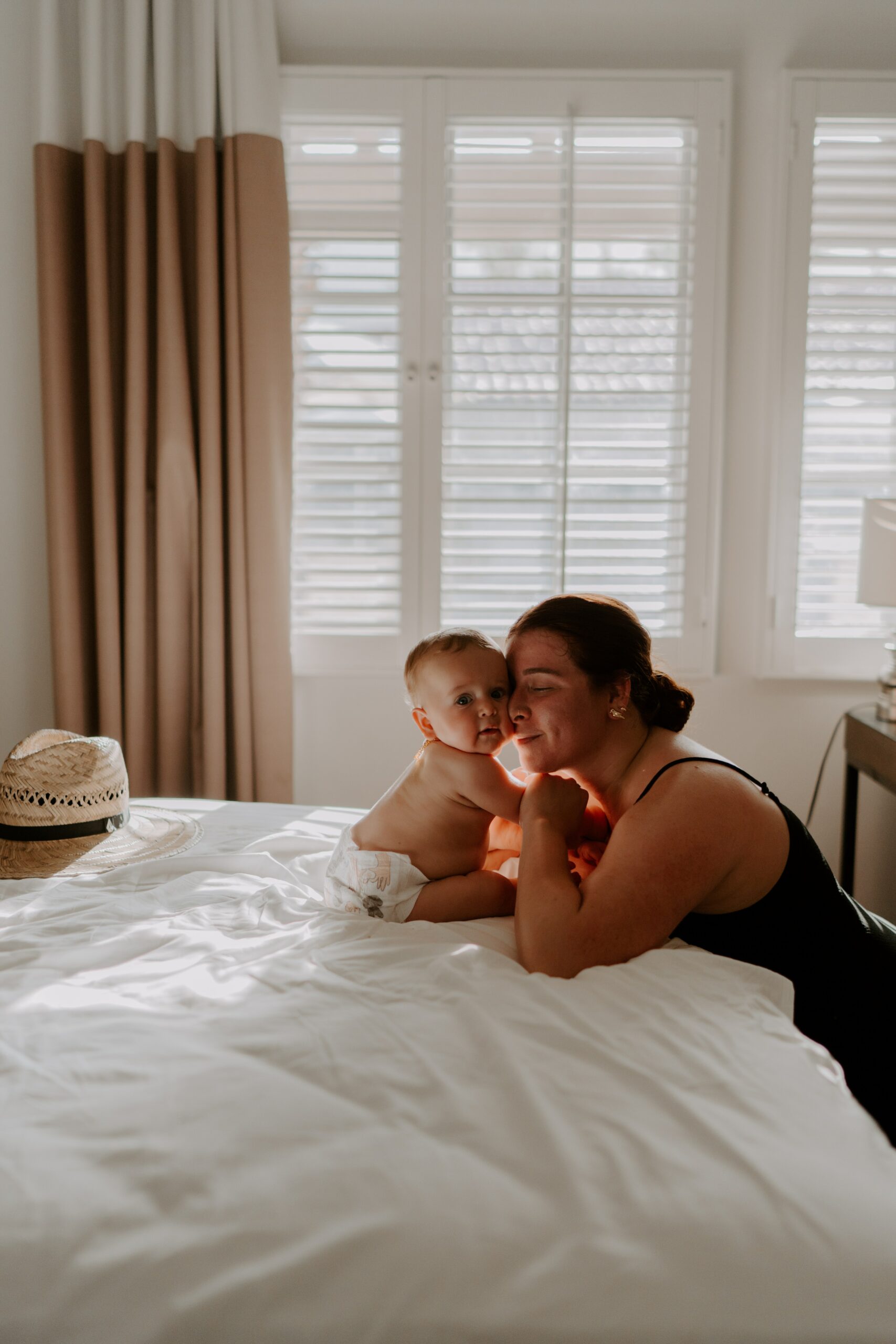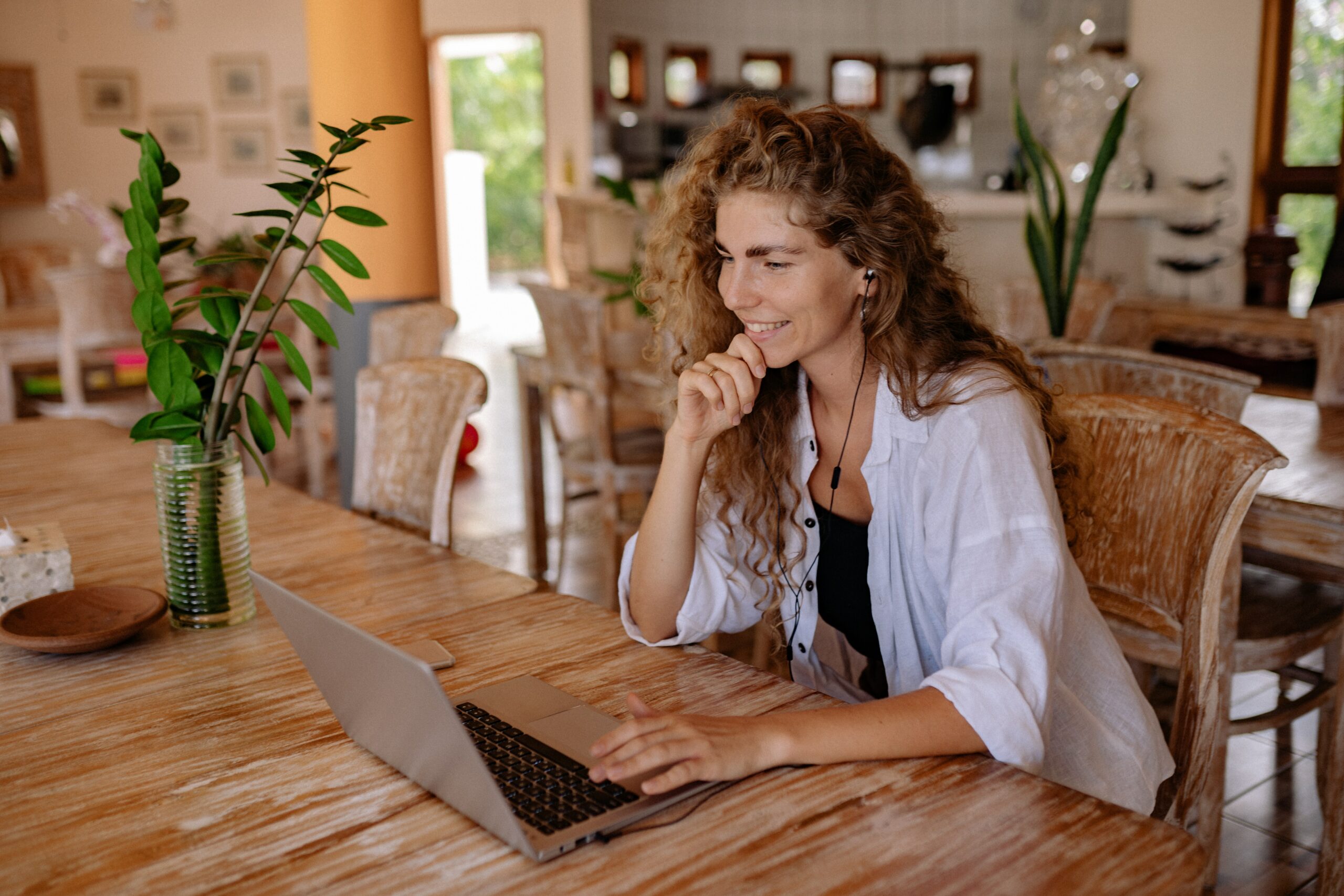During pregnancy, an expecting mother’s body undergoes a major transformation. As a result, pregnant women need lots of care and support during this sensitive time.
In particular, the feet swell, and even the simplest task can seem impossible. It is imperative that pregnant women wear specialized pregnancy shoes that provide comfort for their feet, joints, and knees in order to ease aches and pains and prevent injury.
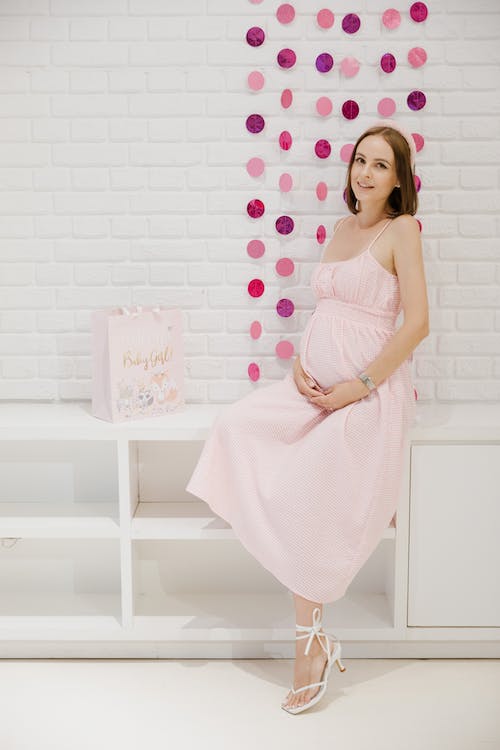
What Are Pregnancy Shoes?
Weight gain puts a lot of pressure on the legs and feet, causing swelling, knee pain, and back pain. Changing hormones also increase the laxity of ligaments throughout the body.
As a result, feet can actually grow half a size and is not always reversible. Normal shoes are no longer comfortable.
Pregnancy shoes are designed to take the shape of the swollen feet and evenly distribute the weight of the whole body.
Benefits of Pregnancy Shoes
Doctors advise every expecting mother (besides those with underlying issues) to stay active during the nine months of pregnancy.
Keeping fit and healthy is essential for a smooth delivery. Pregnant mothers require comfortable, soft, and cushioned footwear to assist them in this task. Pregnancy shoes offer many amazing benefits, including:
1. Ease Pain and Discomfort While Standing and Walking
Pregnant women often experience throbbing, swollen feet due to excess fluid buildup (edema).
It is important to keep your feet up whenever possible, stretch your legs frequently, wear wide, comfortable pregnancy shoes, and avoid crossing your legs when you sit.
2. Sole is Well-Cushioned and Breathable
Pregnancy weight gain can put a lot of strain on your plantar fascia and cause it to become inflamed.
For those of you who do not know what plantar fascia is, it is a thick tissue that runs across the bottom of your boot and connects your heel bone to your toes.
Well-cushioned pregnancy shoes can help alleviate some of this pain.
3. Flexible and Durable, so They Adjust According to Increasing Foot Size
As your body prepares to give birth, the hormone relaxin loosens the ligaments around your pelvis. As a result, your foot bones are spread and widen because the ligaments in your body are relaxed.
Pre-pregnancy shoes don’t have the give and flexibility to accommodate a growing foot. Special pregnancy shoes are the only way to keep feet comfortable.
4. Reduces Discomfort by Supporting and Caring for the Expanding Feet
Over-pronation is very common among pregnant women. It happens when your foot begins to collapse, causing the foot to flatten, which consequently adds stress to other parts of your foot.
Your foot arch flattens out due to the extra weight, and your feet begin to roll inwards while walking. Having supportive pregnancy shoes can help support the arch and prevent over-pronation.
5. They Mostly Come in Slip-On or Hands-Free Styles
There is no need to bend over to wear pregnancy shoes as this becomes increasingly difficult due to the increasing belly.
Pregnancy shoes are not only supportive and comfortable but easy and convenient as well.
Other Ways to Cope With Swollen Pregnancy Feet
Despite being normal, fluid retention can be a bit uncomfortable. The following tips can help you reduce swelling:
- Drink plenty of water – Although it might seem counterintuitive to drink more water when your body is retaining sodium, water helps reduce bloating by flushing it out.
- Avoid salty foods – Salt increases water retention in the body. Whenever possible, choose healthy, whole foods over processed foods, which are especially high in sodium.
- Get active – Regularly moving around can help reduce swelling in the legs, ankles, and feet. Make sure you walk regularly throughout the day.
- Elevate – Place a pillow beneath your feet and legs to elevate them. You can do this several times a day for 15 minutes to ease swelling.
- Wear supportive shoes – Wear shoes that support your arch and avoid walking barefoot. It is important to have a good pair of pregnancy shoes that offer both support and comfort in order to reduce swelling during pregnancy.
Are Pregnancy Shoes Effective?
Pregnancy shoes with adjustable laces or straps work brilliantly, allowing you to create extra room for water retention days.
To make sure you stay comfortable throughout your pregnancy, look for a breathable shoe with lots of toe room. Pregnancy shoes should have a good grip on the soles so you won’t slip. In addition, shoes with easy access (such as hands-free) are also great for when you inevitably lose sight of your toes.
The best part about pregnancy shoes is that you don’t have to stop wearing them after you have your baby. They are perfect for wearing anytime, especially postpartum.
A good grip is also just as important post-pregnancy to ensure you’re able to walk, run and carry your newborn safely. Pregnancy shoes are a must-have for any mama-to-be.

